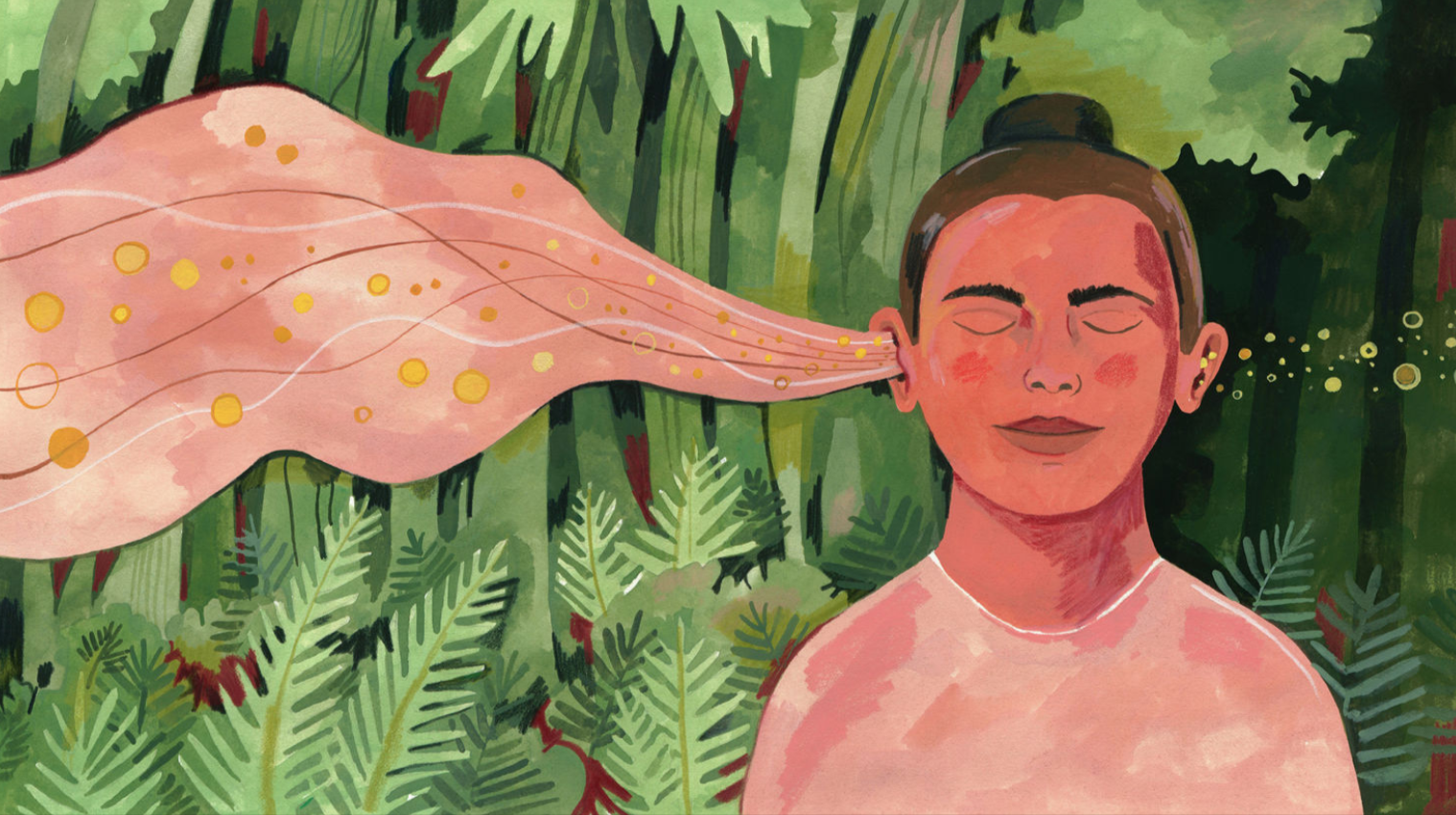The Effect of Silent Spaces on Cognitive Function

Silence can be different in different respects for personal reflection or connection: it can ultimately help in introspection, in spiritual communion with God, and philosophical inquiry, if not for social activism.
Quiet environments in a workplace can enable employees to work more productively and more healthily. Thus, spaces for silence provided during working hours, alongside quiet times incorporated throughout each day of working at home or in a flexible arrangement, will decrease noise levels and foster concentration even more.
1. Operationally Excellent on Concentration
The quiet and calm environment is undoubtedly effective for enhancing concentration. Scientific studies have come forth claiming that silence aptly stimulates cognitive functions like attention, memory, and concentration. Besides, silence assists in enhancing mental clarity by reducing distractions, consequently boosting productivity free from disruption by various outside factors.
Meditation masters and spiritual guides generally instruct students to have transported meditative pauses throughout their days, checking the clutter in their minds and improving concentration. Such silence gives way for deeper awareness so that we can connect more to our thoughts, emotions, body sensations, and state of being; thus, reducing levels of stress and anxiety.
Besides being known to promote neurogenesis in the hippocampus, a site important for learning and memory formation, silence has also been proved to reduce stress and promote creativity by enabling more efficient assimilation of information.
Increasing numbers of people seem to seek peaceful places in which they could work or study; some firms have instituted quiet zones or offices within offices to foster productive and focused working environments. In addition, people have been seen traveling to remote monasteries and mountain tops in search of serenity and silence far from the noise of modern living; silence being seen as a form of indulgence with significant health benefits.
2. With More Memorization
The instances of silence in the classroom have increased the tender experience of scholars. Silence allows for deep information processing while increasing concentration and focus levels. Silent spaces also allow conditions conducive to practicing meditation; no special religious or spiritual tradition ought to come into play.
Meditation may vary from a minute's worth of closing your eyes with deep breaths to longer and complex practices of guided breath work. In any case, silent meditation promotes self-awareness and mindfulness - these are huge for mental wellness.
Characterized by originality, fluency, and flexibility - being able to generate ideas quickly while developing solutions and details quickly - creativity has long been recognized as a contributor to society and economic growth. Research suggests silence increases creativity by allowing the mind to set aside a problem in order for idea incubation to occur.
When a quiet space is entered, suppression of the occipital cortex in charge of visual memory enables greater creative thought with better recall. Furthermore, studies have shown that incubated ideas can enhance creative problem-solving capabilities by 30-50%.
3. Catalyzed Creativity
Quiet environments allow distractions to fade and the mind to roam; this is often the vehicle for creativity. Silence also stimulates the growth of new brain cells in the hippocampus in a process that both nourishes memory formation and learning and exercises the brain's ability to make adaptive change: neuroplasticity.
Creativity and silence are entwined; divergent thinking, which is one of its key components, flourishes within such spaces. Silence therefore offers fertile ground for letting thought and insights emerge unconsciously with time.
The eminent Graham Wallas described the four stages in which creation takes shape: preparation, incubation, illumination, and verification. The fourth stage is where incubation finds its role: taking a time-out from stimulus allows ideas to grow into fruition. This becomes very much necessary at this stage.
Research on the effect of creativity anxiety on creativity has concluded that subjects with higher creativity anxiety performed more poorly than those with lower anxiety in open-ended tasks such as the Analogy Finding Matrix. One explanation could be that those high in creativity anxiety carry an internalized belief about not being able to be creative, thereby curbing their impulse to innovate even without being asked to think creatively.
4. Lessen Stress
Spirituality and mindfulness teachers suggest smaller meditative breaks during the course of the day. From our studies, scientists show silence is a force to alter the brain's response and thereby enhance the focus and retention of the memory. The other beauty of silence is that it promotes cell formation in the hippocampus, which works with our senses to make memories over time.
Silence is the most potent antidote to stress enhancement and focus arousal. Constant stress conditions induce the part of the brain responsible for threat perception to run away with the capacity to think constructively - silence, however, can reverse this by inhibiting cortisol production, our body's natural stress hormone, which simultaneously boosts the meditative state of the mind.

